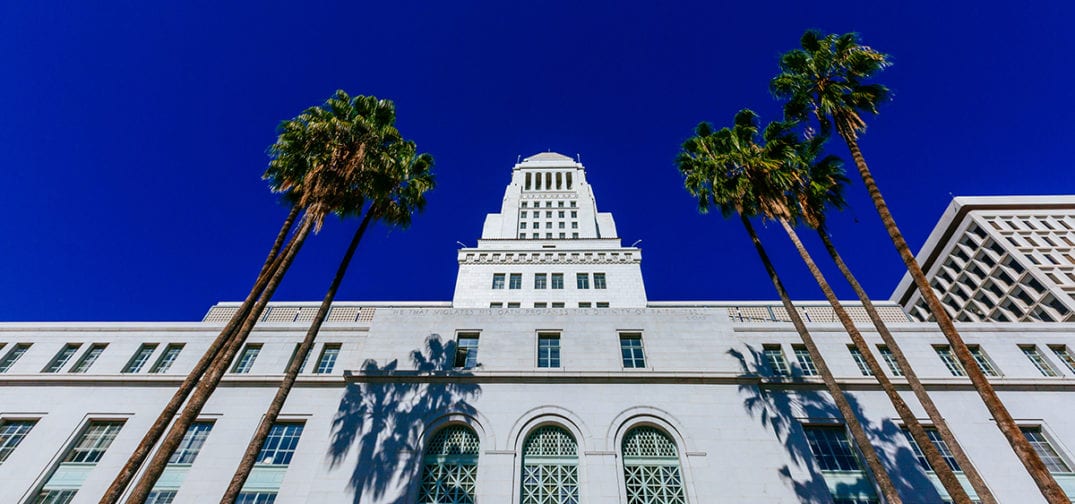The Los Angeles, California city council on Wednesday unanimously approved changes to the city’s cannabis licensing regime, including tightening up social equity program rules, implementing a lottery system for new licenses, and adding new rules for dispensaries in neighborhoods that have already reached their limits, the Los Angeles Times reports.
The revamped social equity rules narrow the ZIP codes eligible for social equity licensing relief. Previously, some wealthier, affluent, white, neighborhoods were included among the list of ZIP codes eligible for the program. Department of Cannabis Regulation head Cat Packer said the city would only use police reporting districts for social equity licensing which, she said, would better target the communities most affected by the drug war. Additionally, in the next round of licensing, social equity applicants must not only have lived in one of those areas for at least 10 years or be low-income, but they must have a previous cannabis-related arrest or conviction to be eligible.
The city is moving toward a lottery system after the first-come, first-serve scheme used during the previous licensing round drew the ire of industry operators; however, the California Minority Alliance argued that the new system wouldn’t gauge the likelihood of whether a business would succeed.
The new rules to determine when a dispensary can open in a neighborhood that has reached its limit dictate that the applicant must get written input from their neighborhood council and others in the area. The move is meant to quiet critics who say that the City Council has too much power in business approvals and that operators can use their political clout to get a license.
Under the previous rules, if the council failed to promptly act on a request to open a dispensary in a saturated area, the request was automatically approved. Under the new rules, a request is denied if the council fails to act on it within roughly three months.
One law firm that represents cannabis firms, Margolin & Lawrence, said in a letter to the council that the new rules “could still be too vague and leave room for corruption or other improper criteria being used to approve or deny” licenses, such as race. The letter argues that a better process would include public hearings.
The law firm said in the letter that “now is a great time to open as many new businesses as possible … for the sake of the social equity applicants, and our society at large.”
Get daily cannabis business news updates. Subscribe
End
